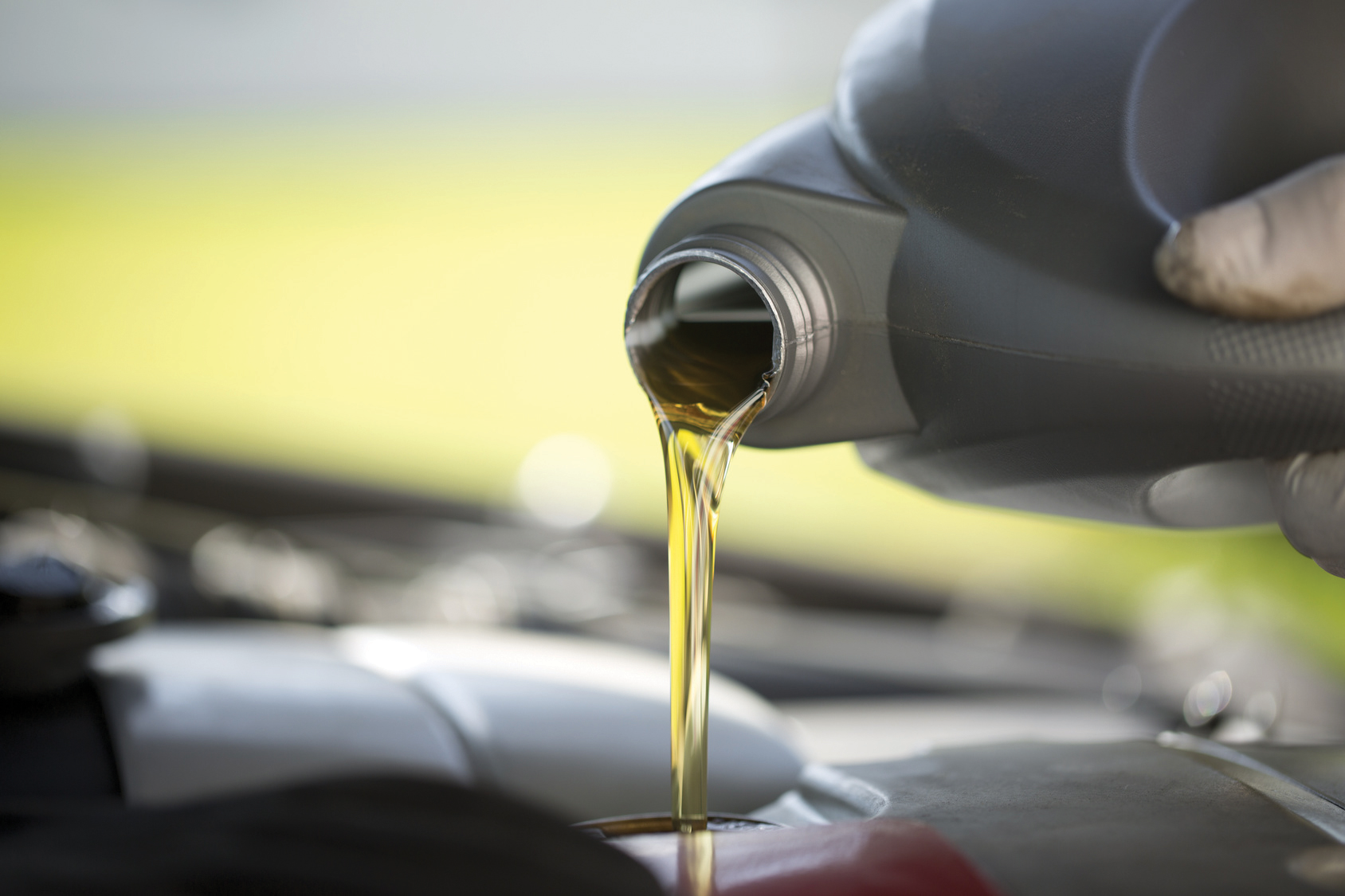
Advantages of Low-Viscosity Motor Oils
July 21, 2016
Written By Adam Buckallew
Choosing the right motor oil for your engine is an important decision. The wrong choice can result in reduced lubrication, expensive repairs and shortened engine life.
One of the factors to consider when selecting a motor oil is the viscosity. That’s the measurement of how fast or slow the oil will flow through the engine. In the past an oil’s flow properties were a crucial consideration because it would affect how well the motor was able to operate in various temperatures. While viscosity is still important, the lower-viscosity oils available today are capable of increasing engine performance and extending the life of engines in all temperatures. It’s no longer just about cold startup.
“In the past, lubricant manufacturers would try to keep the moving parts of an engine separated by the thickest oils,” says Don North, MFA Oil director of product development and quality control. “This worked well in older engines, but consumers and the government eventually began to demand more from their vehicles and motor oils. To meet this demand, lower-viscosity oils were developed.”
Lower-viscosity oils pass more freely throughout engines, increasing oil volume circulation. This increases the ability of the oil to cool, clean and lubricate at all temperatures. This keeps moving parts separated by oil volume rather oil thickness.
“Picking an oil with the correct viscosity will help reduce wear and tear on the engine while optimizing its efficiency and performance.”
Oils meeting the Society of Automotive Engineers’ (SAE) low-temperature requirements have a “W” (which stands for winter/cold testing) after the viscosity rating (example: 5W), and oils that meet the high-temperature testing ratings have no letter (example SAE 30). Oils capable of meeting temperature demands in both hot and cold environments are rated as multi-viscosity (example: SAE 5W30).
An oil is rated for viscosity by heating it to a specified temperature, and then allowing it to flow out of a specifically sized hole. Its viscosity rating is determined by the length of time it takes to flow out of the hole. If it flows quickly, it gets a lower rating. If it flows slowly, it gets a higher rating.
Lower-viscosity engine oils have become more common in gasoline engines, and now the heavy duty engine industry is moving in this direction. With this in mind, it’s good to know what this means for your vehicles and equipment. There are many benefits to low-viscosity motor oils, including: better performance, longer engine life, improved fuel economy and lower exhaust emissions.
While lower viscosity offers many advantages, there is a limit to how low it can go.
“The engine oil has to be thick enough to offer enough protection to keep the parts from coming into contact with each other and to prevent wear,” North says. “So you can’t necessarily just keep going thinner and thinner without reformulating the oil and additives to keep the durability up.”
North suggests checking your owner’s manual for the proper recommendation for your vehicle.
“It’s best to use the viscosity grade recommended by the original equipment manufacturer of the engine and follow those guidelines to protect your engine’s warranty,” North says.

